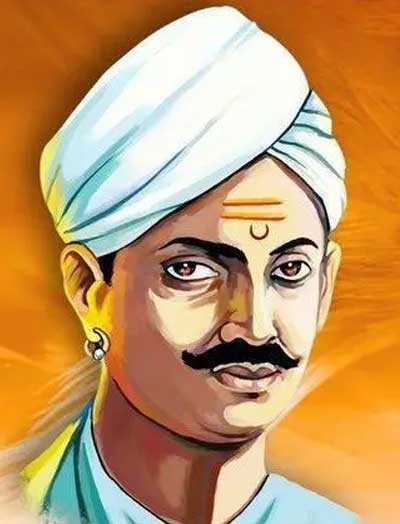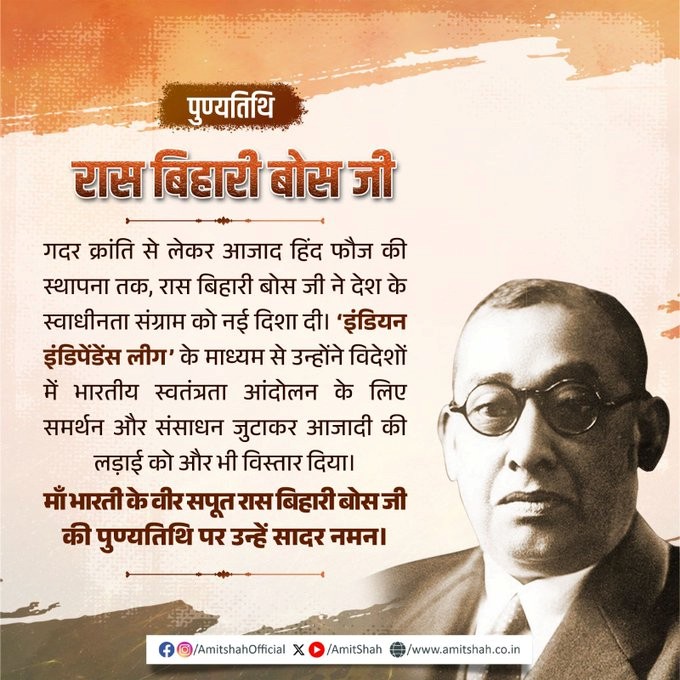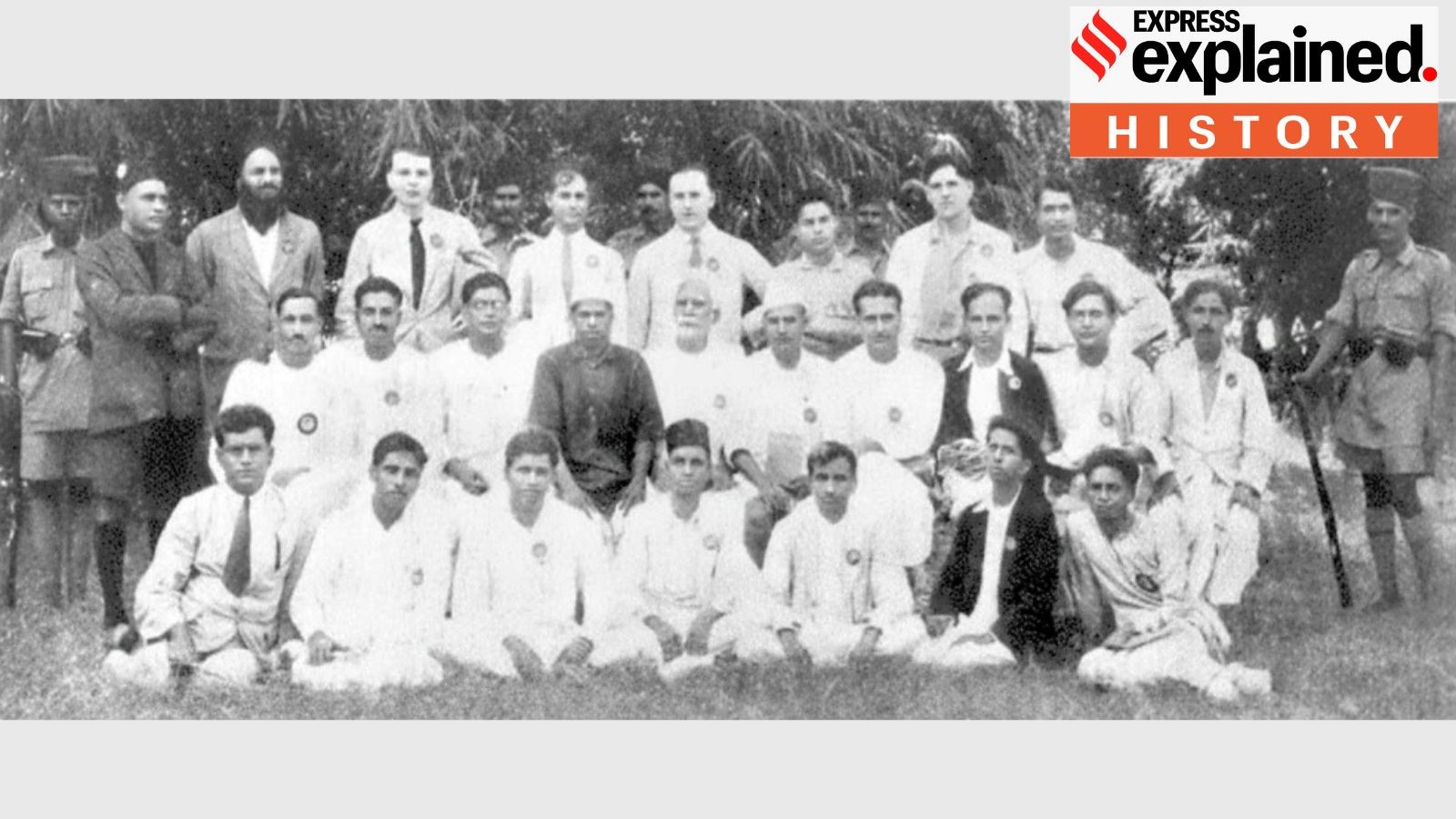Description

Disclaimer: Copyright infringement not intended.
Context:
- Mangal Pandey, was hanged to death by the Company on this day — April 8 — 167 years ago.
Mangal Pandey
- In March 1857, a soldier named Mangal Pandey fired a shot that sparked a major event in Indian history: the Revolt of 1857.
- This uprising ended the direct rule of the East India Company over India and led to changes in how India was governed by the British.
Mangal Pandey and Awadh's Anger
- Mangal Pandey came from Awadh, a region that the British took over in 1856, angering its people.
- The soldiers from Awadh, who formed a big part of the British army, were especially upset.
- They were unhappy about the removal of their Nawab and changes to the way land taxes were collected.
Mutiny and Mangal Pandey's Punishment
- Mangal Pandey refused to use a new rifle cartridge, believing it went against his religious beliefs.
- This led to him rebelling against his British officers in March 1857.
- He was hanged in April 1857, but his actions inspired others to join the rebellion.

Spreading Rebellion
- The rebellion spread to other parts of India, with soldiers in Meerut refusing orders in May 1857.
- They marched to Delhi and asked the old Mughal emperor, Bahadur Shah II, to lead them.
Brave Actions Despite Challenges
- The rebels faced many difficulties, like lack of weapons and coordination.
- Despite this, they fought bravely for their freedom and identity as Indians.
British Response and End of the Revolt
- The British were shocked by the rebellion but quickly mobilized their forces to suppress it.
- They captured Delhi and exiled Bahadur Shah II, the rebel leader.
- Other rebel leaders met similar fates, and by 1859, the revolt was over.

Lasting Impact
- The Revolt of 1857 led to changes in how India was ruled by the British.
- The British government took direct control over India, and new policies were introduced to address some of the grievances of the Indian people.
Conclusion
- Mangal Pandey's actions and the Revolt of 1857 may not have succeeded, but they inspired future movements for India's independence.
- The rebellion showed that Indians were willing to fight against British rule, setting the stage for later struggles for freedom.
|
PRACTICE QUESTION
Q. Discuss the legacy of Mangal Pandey and the Revolt of 1857 in shaping India's fight for independence.
|
SOURCE: INDIAN EXPRESS









